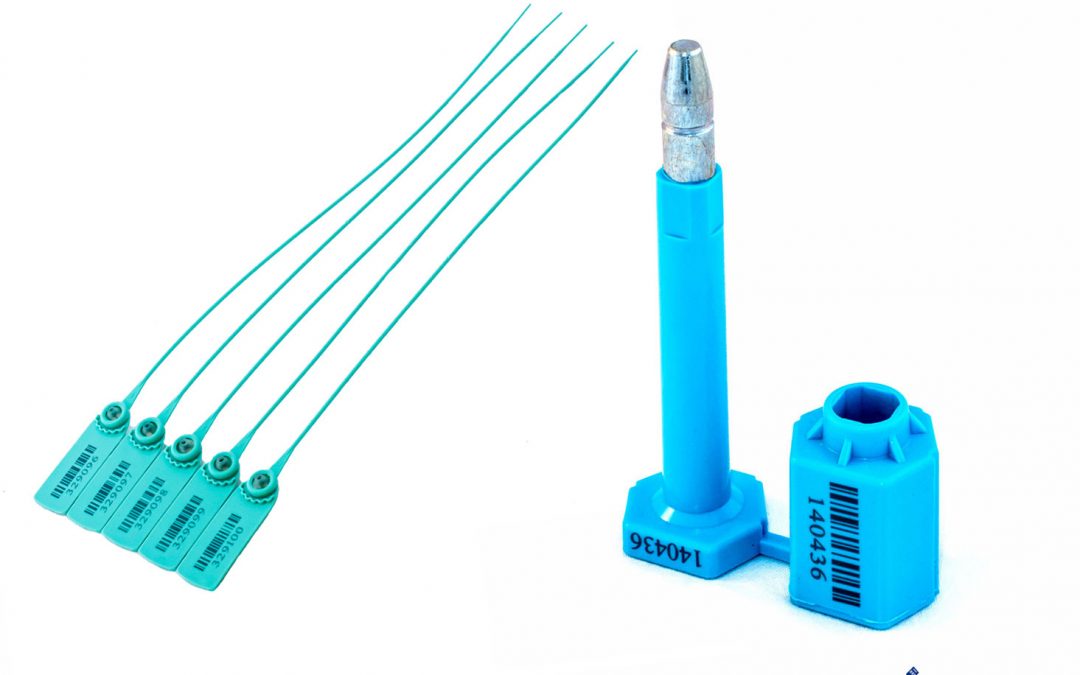There is a myriad of security seals. They are made from different materials (e.g. plastic, metal, lead) and in different shapes, lengths and tensile. So, how do we know which is the right one? In this article we’ll help you make the right choice.
The first clue is to determine the company’s needs. If the company requires a larger amount of seals and the goods to be secured are not too sensible, it is likely that the company wants to reduce the operation cost by using the less expensive seal. In this case, one recommendation would be a plastic seal, made of high- density polypropylene for durability in extreme weather. Once the material selection is made, other aspects should be taken into consideration: length, tensile, and further customization (such as color and imprint of the company’s logo). Some seals, such as BFSeals’, come bar coded and sequentially numbered as part of an integrated and effective security system and control program.
For companies in air, maritime or cross border transportation business, it is vital to be in compliance with the C-TPAT (Customs-Trade Partnership Against Terrorism), which is a regulation designed by US Customs and Border Protection as a worldwide initiative aimed to facilitate the flow of international trade. Those companies falling in this category are forced to use a high security seal, such as the Bolt Seal, the Bar/Barrier Seal or the Metal Cable seal.
The Bolt Seal, also called bottle seal due to its shape, comes with hardened carbon steel body, high impact ABS coating for visible tamper evidence, anti-spin design and a strength category of higher than 18KN or 4,046 pounds force.
The Metal Cable Seal consists of two pieces: a lock aluminum body and a 3.5mm steel galvanized cable (or thicker to be considered a High Security Seal)
In some cases, the company will need longer seals and thinner cables that fit the cargo container and that can be bent and turned to secure the container properly. As a general rule, the thicker the cable, the more difficult it is to be cut or tampered with. However, these are also more difficult to manipulate.
The Bar/Barrier Seal works like a lock: it is a single-use, heavy-duty bar without a key.
So, industries requiring a heavy-duty seal due to the rough handling of their cargo should consider a Bolt, Metal Cable or Bar Seal. On the other hand, those industries in need of simpler seals, just to indicate tampering or unauthorized opening, will be satisfied with Lead, Padlock or Ratchet Wire Seals, typically used in drums, water, and electricity meters.

